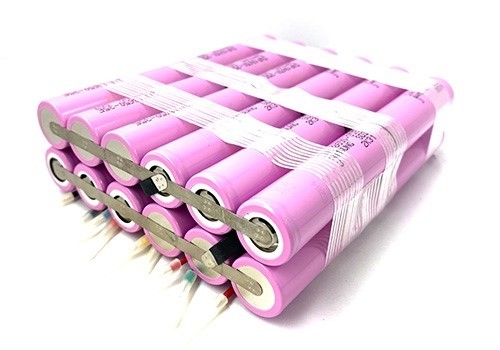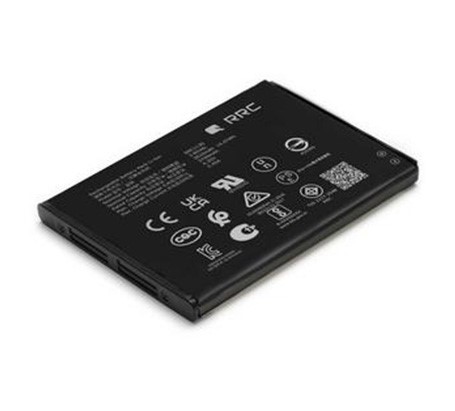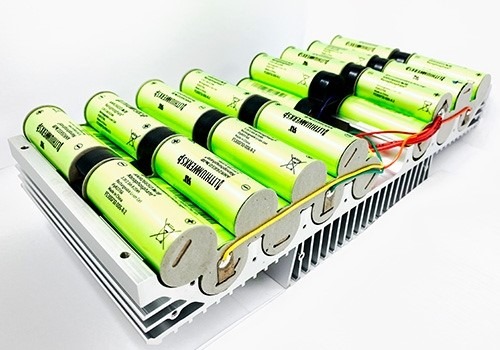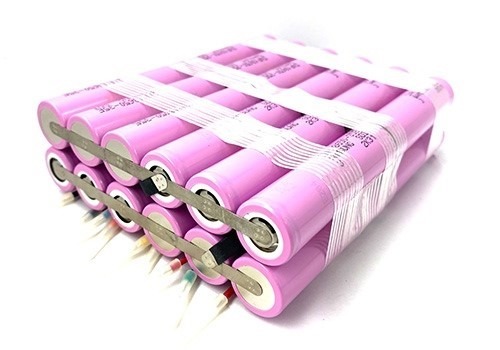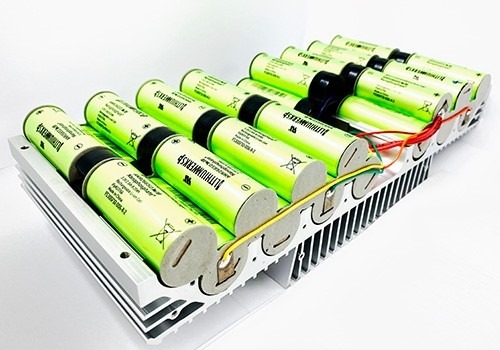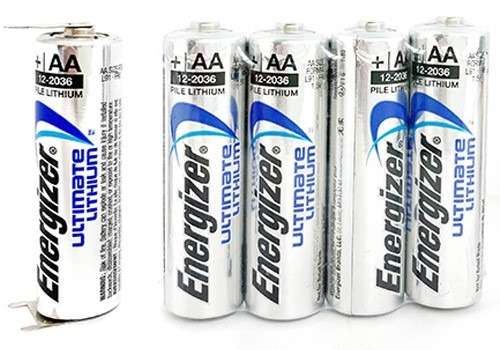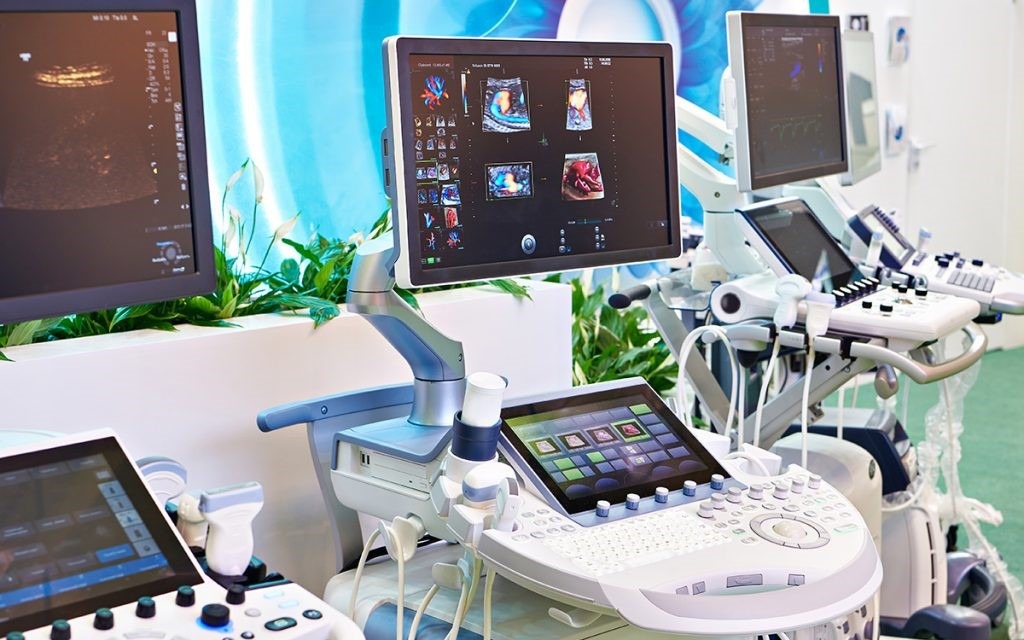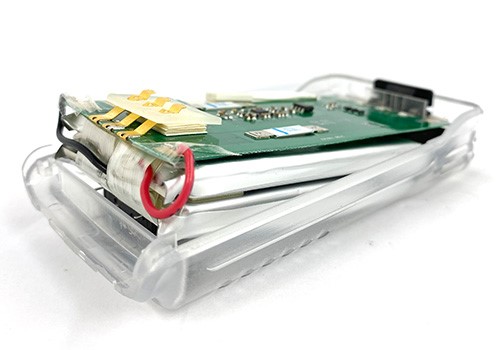The energy density of lithium battery packs plays a crucial role in determining their suitability for use in portable electronic devices. In the world of consumer electronics, where devices are becoming increasingly compact and powerful, understanding the significance of energy density is essential.
What is Energy Density?
Energy density refers to the amount of energy stored in a given volume or mass of a battery. In the context of rechargeable lithium battery packs used in portable electronic devices, energy density directly affects the runtime and overall performance of the device. Simply put, higher energy density means more energy stored in a smaller and lighter package.
Comparing Lithium Primary and Rechargeable Batteries
Lithium batteries come in two main types: primary and rechargeable. Lithium primary batteries, such as the Emerging Power L522 – 9V, are non-rechargeable and typically have a higher energy density compared to rechargeable lithium battery packs. However, they cannot be recharged and must be replaced once depleted.
On the other hand, rechargeable lithium battery packs offer the advantage of being able to be recharged multiple times, making them more cost-effective and environmentally friendly in the long run. While rechargeable lithium batteries may have slightly lower energy density compared to primary batteries, ongoing advancements in battery technology are narrowing this gap.
Impact on Portable Electronic Devices
The energy density of lithium battery packs is of utmost importance in portable electronic devices such as smartphones, laptops, tablets, and wearables. Manufacturers strive to maximize energy density to prolong battery life and minimize device weight and size.
Higher energy density allows for longer battery life, enabling users to use their devices for extended periods without the need for frequent recharging. Moreover, compact and lightweight lithium battery packs contribute to the sleek and portable design of modern electronic devices, enhancing user convenience and mobility.
Challenges and Opportunities
Despite significant advancements in lithium battery technology, there are ongoing challenges to further increase energy density while ensuring safety and reliability. Researchers and manufacturers are exploring various approaches, including new electrode materials, electrolyte formulations, and cell designs, to push the limits of energy density.
As demand for more powerful and energy-efficient portable electronic devices continues to grow, the importance of energy density in lithium battery packs will only intensify. By addressing these challenges and leveraging emerging technologies, the industry is poised to unlock new opportunities for innovation and advancement.
Wrapping Up
The energy density of lithium battery packs plays a pivotal role in shaping the landscape of portable electronic devices. As technology evolves, so too will the quest for higher energy density, driving progress and innovation in the field of battery technology.
Emerging Power is at the forefront of delivering high-quality lithium battery solutions for various applications, including portable electronic devices. With our commitment to innovation and excellence, we continue to push the boundaries of energy density to meet the evolving needs of our customers.

